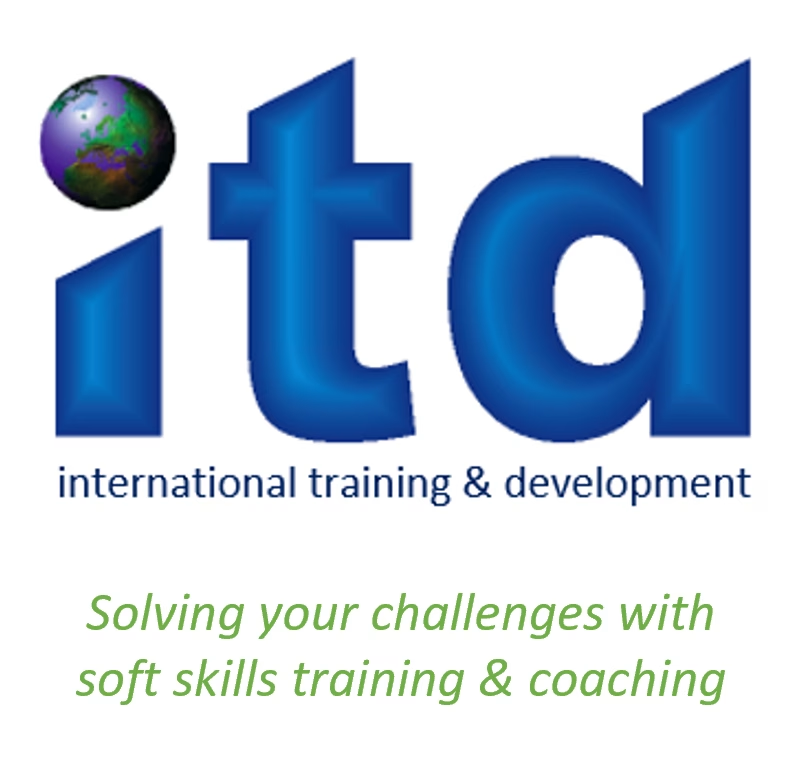
This writing for non-academic audiences workshop is designed, as you might expect, specifically for academics. The aim is to help academics write for non-academic audiences, who have little or no knowledge of the area being written about.
Documents range from emails, website, leaflets and presentations. This is in part a review and refresher of the key principles of written communication from the perspective of non-academic people.
The purpose of writing can range widely from pure information to fund raising. This workshop is pratical and helps each academic develop their written communication skills to adapt for a specific non-academic audience.
Writing for non-academic audiences
Writing for a non-academic audeince can be a challenge for academics whatever their discipline. Academics tend to spend a lot of their time working with and writing for other academics. This can be in writing grant submissions, to research papers and contributing to marketing materials.
To then be asked to write for a non-academic audince requires a quite different language and set of principles.
This workshop helps them with skills and strategies to bridge that gap.
Duration and format
This is a three hour session which can be run as a face to face classroom workshop, or online virtual classroom format. Read more about our approach to online training.
Participant Reviews
As you can see from the dates of the following reviews the online virtual training format works very well. Whilst it might not be as natural, nor as ‘fun’, it works.
A truly inclusive, insightful, and empowering training
I recently attended the Working Effectively at Clifford Chance training session and found it to be an incredibly valuable and uplifting experience. One of the standout aspects was the smaller group size, which created a more inclusive environment. Everyone had the opportunity to feel seen, heard, and genuinely included in the discussions.
The session encouraged open dialogue, and participants were free to express their views and share personal experiences without hesitation. This openness was largely thanks to Martin, who facilitated the session with warmth, empathy, and professionalism. Martin fostered a safe and supportive space where people felt comfortable being honest and reflective, which made the session not only informative but also deeply engaging.
Overall, the training was a brilliant example of how thoughtful facilitation and a well-structured format can empower individuals to connect, learn, and grow together. Highly recommended!
Interesting and Engaging Session
Thanks to Martin for an interesting and engaging session – we had lots of good discussions, had a chance to reflect, and learned quite a few things! Martin was great throughout and we all thoroughly enjoyed our morning!
Useful information and insight
The written communication training with Martin went really well. He included some really interesting insight into how written communication can be perceived.
I found the email template a really useful tool to help draft a email.
Would recommend this training to others!
Skillful Written Communications
I thoroughly enjoyed the ‘Written Communications Skills’ course instructed by Martin Chapman. The course content was engaging and allowed participation throughout. It provided helpful focal points toward clear, concise, and purposeful language. I will be mindful of this course going forward since the provided advice is incredibly useful in my role.
Written Communication Skills - Virtual Workshop
Martin is a fantastic instructor. The content presented was great and informative. The virtual workshop was also very interactive. Thank you, Martin!
Group size
With the face to face classroom version, 12 participants is the maximum. With the online version, we recommed a smaller group of 9 participants.
Outcomes
The overall objective is to use simple techniques in order to develop and improve participants’ writing skills. As a result of attending, they will be able to:
- Establish clear objectives.
- Plan writing effectively for the target audience.
- Analyse and adapt their own writing.
- Remove technical complexity.
- Help the reader by writing documents which are easier to understand.
Methodolgy
We run this session in a workshop style discussing examples of real work. This includes some formal input, with individual tasks, small group work and lots of discussion.
Tailored to your needs
To make sure the training is relevant to your needs and as useful as possible, we base the design of the session around your documents. This means we look at your documents, web pages, or emails as examples of the need for the training.
Wherever possible we use these in the training. Participants are encouraged to bring examples of their own work into the training session, that they would like to review. In this way the session is a blend of training and coaching with one to one development.
Course Overview; Writing for non-acaddemic audiences
Introduction
Introduction and objectives.
The challenges of writing for a non-academic audience.
Effective written communication defined.
The risks of miscommunication.
Reader assessment; knowledge
The audience’s knowledge.
Expectations and motivations of your reader. Adjusting the structure, content and language based on an assessment of the reader.
Reader assessment; personality
The impact of personality on how we write.
ITD Work Style Model.
Planning
Defining your objective.
Thinking about the reader.
Planning your writing and the structure of your piece.
Grammar
Words.
Sentence structure and length.
Paragraphs.
Phraseology.
Adapting the writing
Replacing technical words.
Retaining meaning whilst avoiding academic phraseology.
Using simple sentences.
Writing similarly to how we talk.
Checking & learning
The importance of checking your work with a sample person from your audience.
Simple proof reading techniques applied.
Summary
Summary of key points.
Personal actions.


